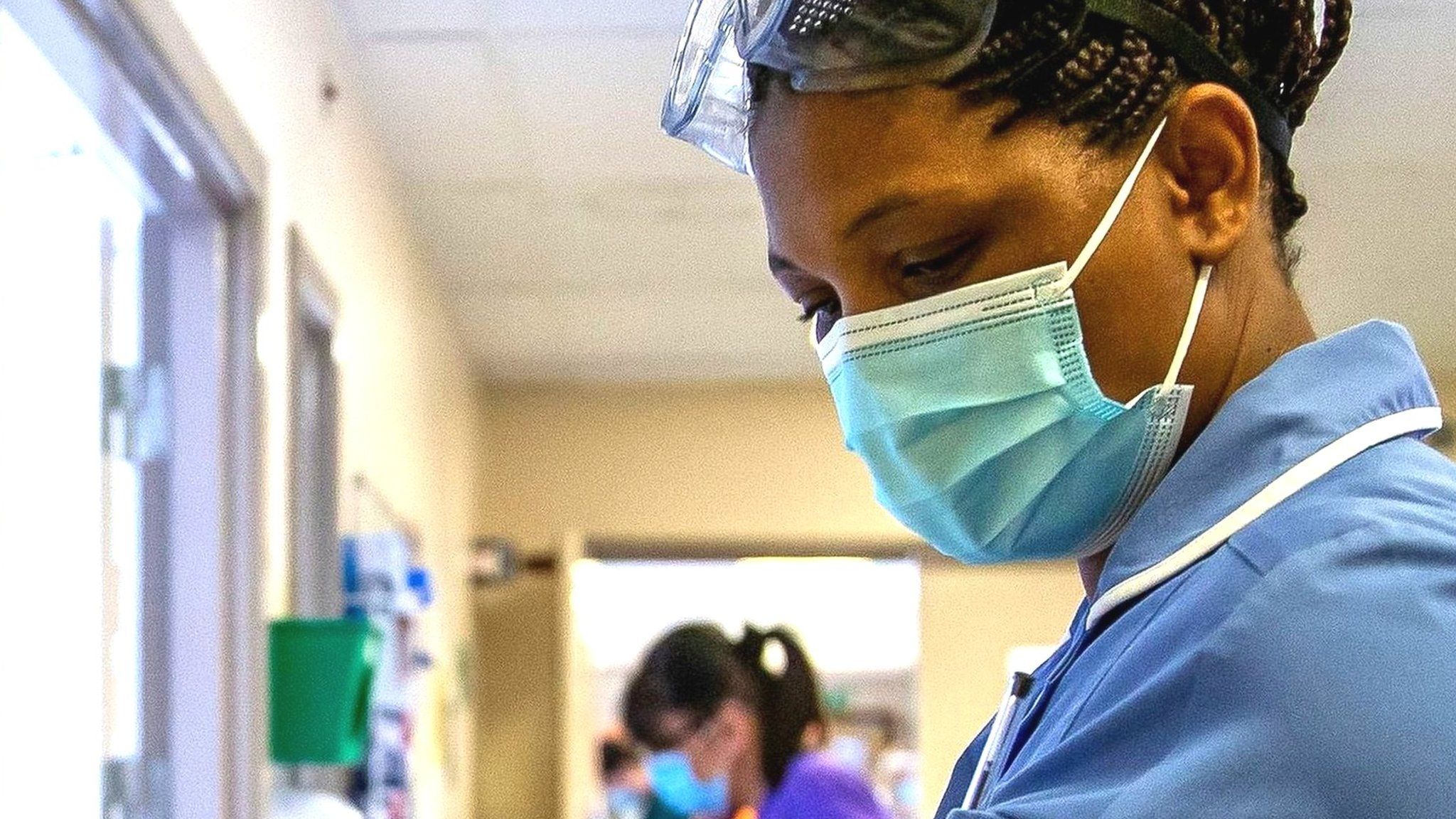
How serious is it?Īdults who develop myocarditis from COVID-19 have poorer outcomes than non-myocarditis COVID-19 cases, including a higher risk of death.

Patients with more severe symptoms can receive stronger therapies including intravenous immunoglobulin, glucocorticoids or colchicine in addition to NSAIDs.

CHEST PAIN COVID VACCINE SIDE EFFECT SERIES
In a multicentre series of patients under 21 years old, those with mild symptoms received only NSAIDs or no anti-inflammatory therapy at all. In some cases when treatment is no longer effective, a heart transplant is required. More severe cases require medications or even mechanical circulatory supports like left ventricular assist devices to support heart function. Adults with mild forms of myocarditis typically need only rest and non-steroidal anti-inflammatory drugs (NSAIDS) like ibuprofen. The treatment for myocarditis varies depending on its severity. However, if considering the other ill effects of infection with SARS-CoV-2 - both cardiac and not - there was still a strong benefit in immunizing younger people with COVID-19 vaccines other than Moderna, which research suggests has a higher risk for myocarditis than Pfizer’s vaccine. Only one study by Martina Patone, from the University of Oxford, and colleagues found more ambiguous results for those under 40 years of age based on myocarditis rates alone. Most studies show a clear benefit of COVID-19 mRNA vaccination with respect to myocarditis. Reliable data on booster shots in this age group is not yet available. In pediatric data, the median age is 15.8 years, with most patients being male (90.6 per cent) and white (66.2 per cent) or Hispanic (20.9 per cent). The highest incidence of myocarditis after vaccination with mRNA vaccines has occurred within three to four days after the second vaccination in males who are under age 30. In the rare cases of myocarditis following COVID-19 vaccination, the vast majority are mild and resolve quickly. This study is consistent with others in the United States and Israel which put the overall incidence of post-vaccine myocarditis between 0.3 and five cases per 100,000 people. Myocarditis following COVID-19 vaccination is rare and the risk is much smaller than the risks of cardiac injury linked to COVID-19 itself.īased on a study out of Israel, the risk of post-vaccine myocarditis is 2.13 cases per 100,000 vaccinated, which is within the range usually seen in the general population. Soccer player Alphonso Davies, 21, of Canada’s national men’s team, was sidelined by heart inflammation after having COVID-19.

The risk is higher for males, older adults (ages 50+) and children under 16 years old. Centers for Disease Control and Prevention, the risk of myocarditis after infection with COVID-19 is much higher, at 146 cases per 100,000. Interestingly, most cases of myocarditis in the highest risk group are in otherwise healthy and active people.Īccording to the U.S. Rates are highest in males between 18 and 30 years old. (AP Photo/Efrem Lukatsky)īefore COVID-19 the incidence of myocarditis was between one and 10 cases per 100,000 people per year.


 0 kommentar(er)
0 kommentar(er)
